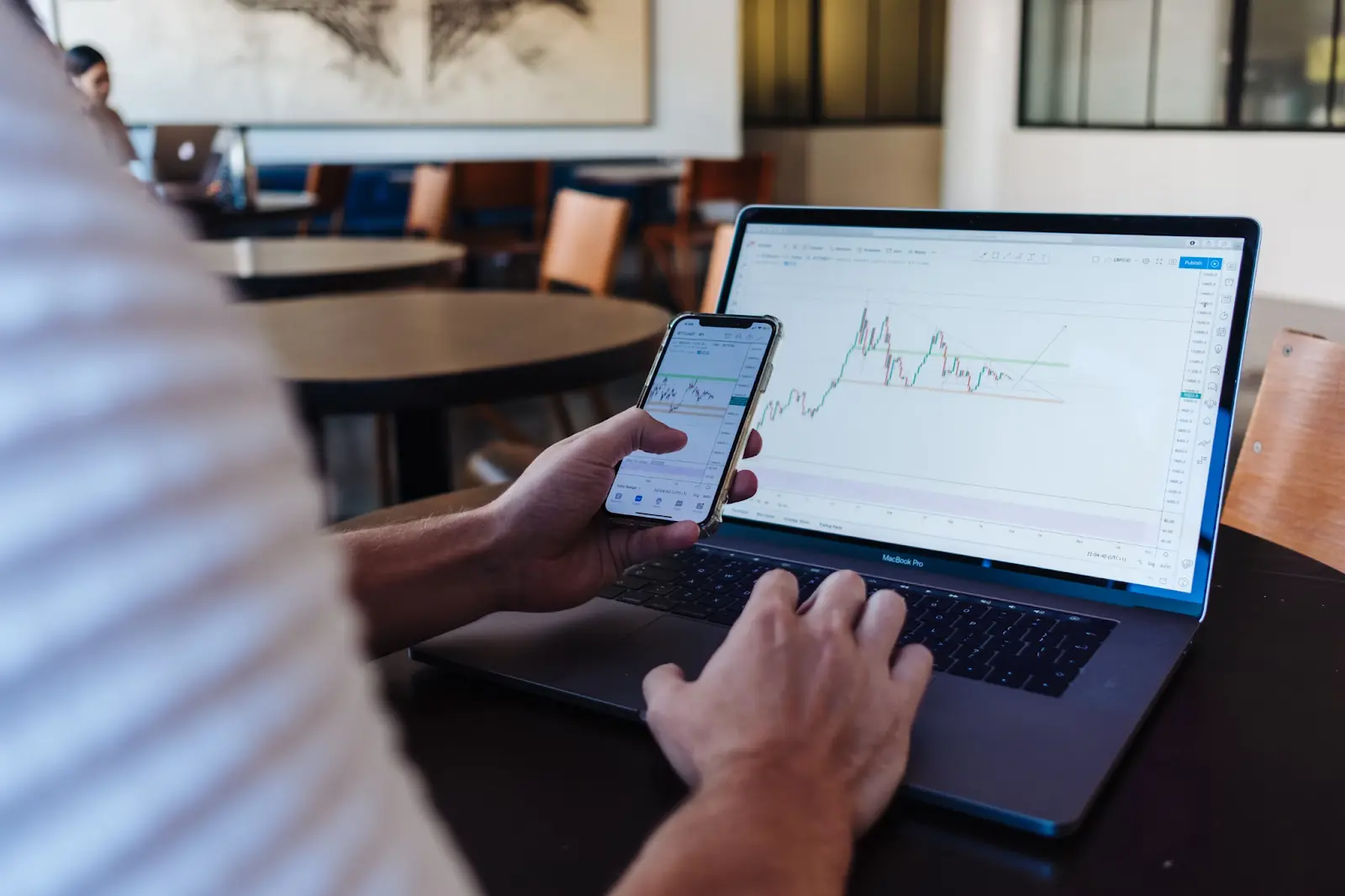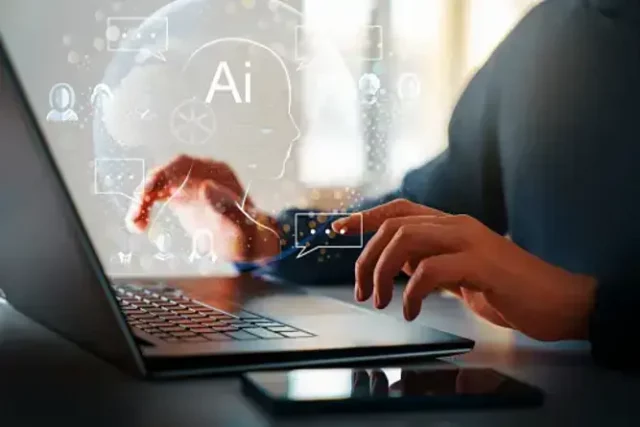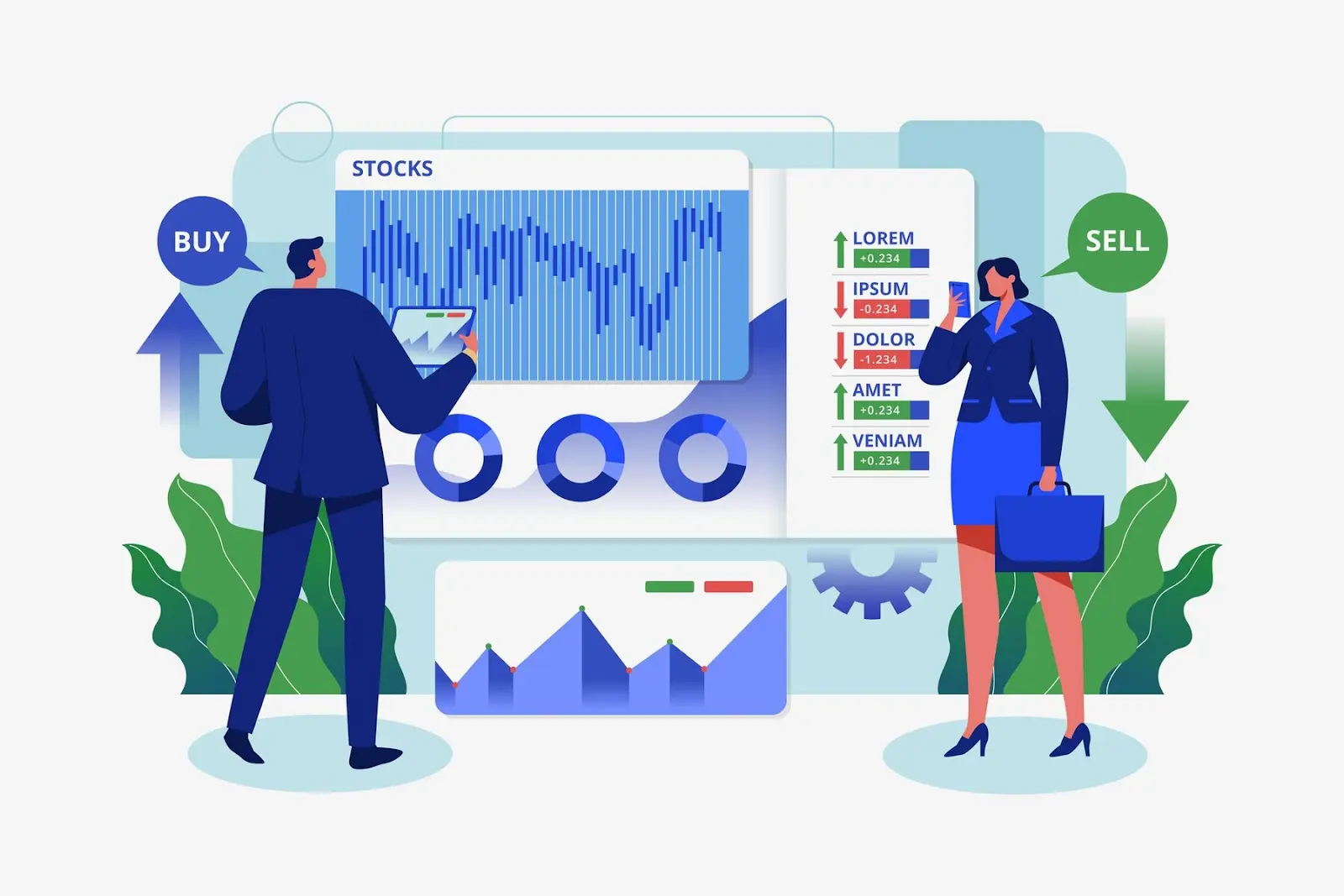Artificial intelligence (AI) is set to assist modern businesses in improving their security in the face of an ever-increasing number of cyber threats. Artificial intelligence enables continuous, real-time education and assessment of cyber dangers. They also use algorithms to create models of behaviour, which are then used to anticipate cyber assaults when new information becomes available. Combining these technologies allows businesses to better defend themselves against cyberattacks by boosting the speed and precision of their responses.
Role of AI in Cybersecurity
Organisations increasingly rely on digital cybersecurity programs; consequently, they create massive amounts of data that need careful organisation. One of the benefits of using AI in cybersecurity is that it helps to:
- Identifying New Threats
Some hacking techniques are tried and true, but hackers constantly develop new ways to access secure networks. Artificial intelligence (AI) can detect suspicious conduct by constantly monitoring user behaviour and analysing user trends.
- Anti-Bot Measures
Bots already comprise a significant proportion of all internet traffic, and many pose security risks to businesses. Artificial intelligence software can analyse natural traffic flows and tell good bots like search engine spiders apart from bad ones. This method may also help business owners explore user paths and website engagement.
- Predict Breaching
Because of their ability to track IT assets, AI programs can keep an eye on vulnerable hardware and software and alert security professionals ahead of time. In addition to diagnostic data, many AI programs may provide recommendations for addressing IT security issues.
- Endpoint Security
Endpoint protection is essential for any business that wants to safeguard its assets when employees are working remotely. When detecting malicious activity, AI programmes have a leg up on traditional antivirus software since they can use data like behaviour patterns, location, and time zones rather than just signatures.
Uses of AI for Security
The frequent scenarios in which businesses are successfully using AI include:
- Evaluation of Network Risk
Many businesses now use AI to evaluate and prioritise the security threats offered by their network’s various nodes. The most often attacked areas of the network may be identified with the help of machine learning analyses of historical data on cyber threats. It’s also being used to figure out which areas of the network, if hacked, would do the most significant harm to the business.
- Fast Detection of Intruders
Artificial intelligence (AI) is also being used by businesses to get accurate and automated insights about harmful behaviour. Organizations are taking immediate action in response to cyber incursions thanks to machine learning’s capacity to identify, analyze, and fight against such threats in real time.
- Recognizing Suspicious Activities
AI also identifies potentially malicious user actions. Organizations are employing machine learning to differentiate between typical behaviour and aberrant behaviour that may indicate a cyberattack so they can tackle risks before a breach of information happens. This is done by monitoring users’ unexpected measures like employees logging in at odd hours of the day or downloading an unusually high volume of data.
Conclusion
It’s vital to remember that AI has its limitations in addition to its potential dangers to cyberspace. While AI may mimic the complexity of the actual world, human evaluation of the results is necessary for determining how well the models capture reality and where adjustments are required. While AI models may assist cybersecurity experts, they cannot replace human judgment entirely.

































